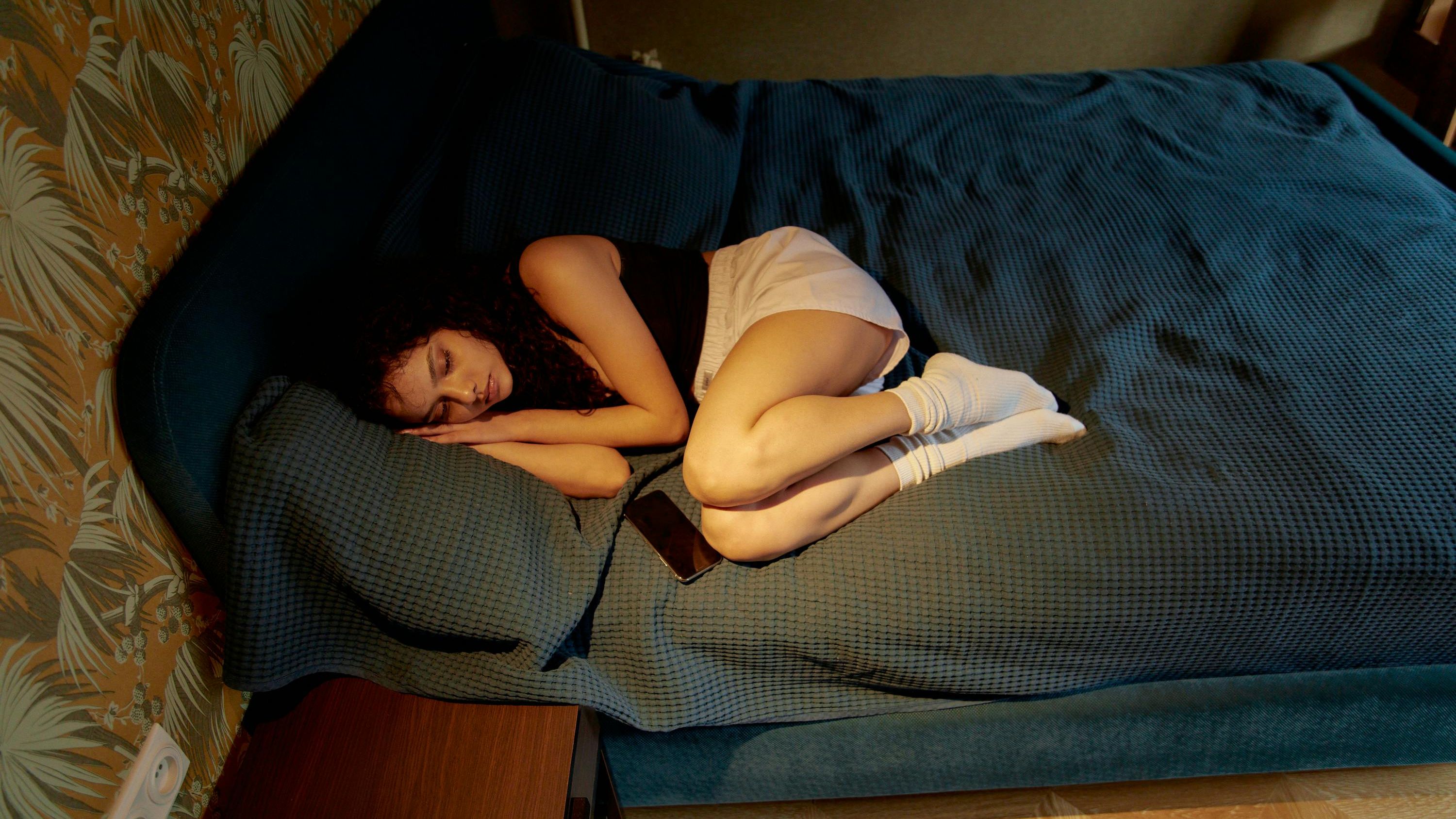When Eczema Hurts More Than the Skin: The Overlooked Mental Health Struggle
Oct 03, 2025
Living with eczema is often described as an endless cycle of flare-ups, itching, and discomfort. But what many don’t see is the emotional toll that comes with it. Beyond the physical symptoms, eczema can quietly wear down confidence, mental health, and even relationships.
"Sometimes it feels like my skin controls my life. I cancel plans, avoid mirrors, and try to hide the red patches with long sleeves—even in the summer."
For many, eczema isn’t just a skin condition. It’s a constant presence that can bring feelings of shame, embarrassment, and isolation. The unpredictability of flare-ups makes daily life stressful. A person might wake up one morning feeling confident, only to have their skin react hours later to a trigger they can’t even identify.
This uncertainty can create anxiety—never knowing if a dinner out, a new detergent, or even stress itself will spark another outbreak. Over time, these worries pile up, leading to frustration and, for some, depression.
"It’s exhausting. The itch keeps me up at night, and the lack of sleep makes me moody, anxious, and overwhelmed the next day."

Sleep disruption is just the tip of the iceberg. Constant itching, redness, and discomfort can make concentration at work or school challenging. Everyday activities—typing on a keyboard, playing with children, or even hugging a loved one—can trigger pain or irritation. This physical barrier often translates into social and emotional barriers, creating a sense of isolation.
"I feel like people only see my rash, not me."
The emotional toll can also feed the physical symptoms. Stress hormones, like cortisol, can trigger inflammation, leading to more flare-ups and intensifying the cycle. Many people with eczema feel trapped in this loop, unsure how to regain control.
But support and understanding can make a profound difference. Empathy from friends, family, and colleagues can lighten the emotional load. Simple gestures—listening without judgment, offering patience when flare-ups affect plans, or gently checking in—signal that someone truly sees and understands the struggle.
"I don’t need people to fix it for me—I just need them to understand that some days are harder than others."

Practical strategies also help. Encouraging relaxation techniques, stress management, mindfulness practices, and mental health support can provide tools to cope with the emotional impact of eczema. Creating environments that reduce triggers, like fragrance-free products and gentle fabrics, helps patients feel safer and more comfortable.
It’s also important to celebrate small victories. Even a day without a flare-up or a night of uninterrupted sleep can bring relief and a boost in confidence. These moments help reinforce that eczema does not define the whole person—it’s only one part of their story.
Eczema may begin on the skin, but its impact runs deeper. Healing, therefore, must address both body and mind. By combining treatment with compassion, awareness, and practical support, we can help those living with eczema feel seen, validated, and less alone.
"Knowing someone truly understands my struggle makes the battle a little lighter."
GET THIS FOR FREE!
The Ultimate Anti-Inflammatory Recipe Guide: Clear Your Skin & Boost Your Health Naturally
We hate SPAM. We will never sell your information, for any reason.

